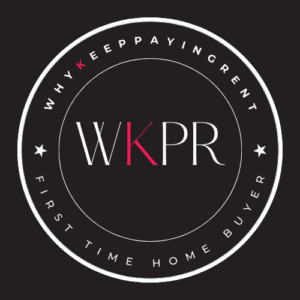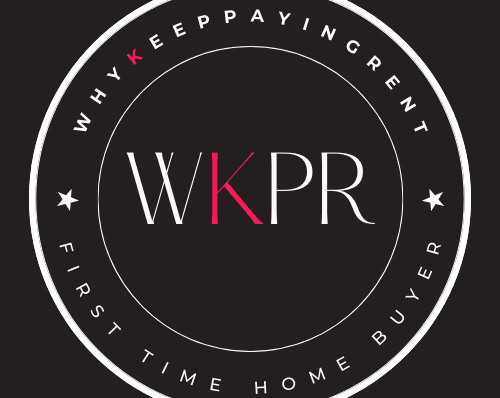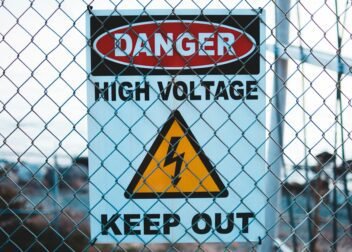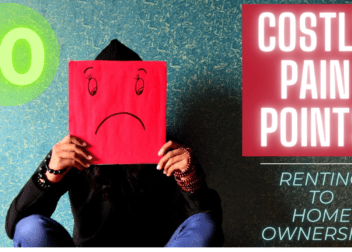2/1 Buy Down Mortgage Excellence
 2/1 Buy Down Mortgage
2/1 Buy Down Mortgage
Title: Understanding the 2/1 Buy Down Mortgage Program for First-Time Home Buyers
Buying your first home is an exciting journey, but it often comes with many financial considerations. One option that can make homeownership more accessible for first-time buyers is the 2/1 buy down mortgage program. In this blog post, we’ll break down what a 2/1 buy down is, how it benefits first-time home buyers, the qualifications needed, and the timeline for closing on a home with this program. We’ll also explore the credit score requirements associated with the 2/1 buy down.
What is a 2/1 Buy Down Mortgage?
A 2/1 buy down mortgage is a unique financing option that offers temporary interest rate reductions during the initial years of your home loan. This program is designed to make homeownership more affordable, especially in the early stages when you may be adjusting to the costs of owning a home.
Here’s how it works:
- Initial Interest Rate: At the start of your loan, you’ll have an initial interest rate that is higher than the rate you’ll ultimately settle at. This higher rate is known as the “note rate.”
- Buy Down: With the 2/1 buy down, you or the seller (depending on the agreement) pays additional upfront fees or “points” to temporarily lower your interest rate. These points essentially “buy down” your rate.
- Rate Adjustment: After an initial period, typically two years, your interest rate will decrease by a fixed amount. In a 2/1 buy down, this means that after the first two years, your interest rate will drop by one percentage point. After the third year, it will drop by another percentage point, reaching the rate you’ll maintain for the remainder of the loan term.
Benefits for First-Time Home Buyers
The 2/1 buy down mortgage program offers several advantages for first-time home buyers:
- Lower Initial Payments: The program reduces your initial monthly mortgage payments, making it easier to manage your finances during the critical early years of homeownership.
- Predictable Rate Increases: The gradual rate increases are easy to plan for, allowing you to budget more effectively. Knowing when and how much your rate will increase can provide peace of mind.
- Affordability: By lowering the initial interest rate, the program can help you qualify for a larger loan amount or a more expensive home than you might with a traditional fixed-rate mortgage.
- Easier Qualification: The program may have more lenient qualification requirements compared to some other loan types, making it a viable option for those with limited credit history or lower income.
Qualifications for a 2/1 Buy Down Mortgage
Qualifying for a 2/1 buy down mortgage is similar to other mortgage programs, with some specific considerations:
- Credit Score: While specific credit score requirements can vary among lenders, generally, a credit score of 620 or higher is recommended for this program. A higher credit score can help you secure a more favorable interest rate.
- Income and Debt-to-Income Ratio: Lenders will assess your income and calculate your debt-to-income ratio to ensure you can comfortably afford the mortgage payments. A lower debt-to-income ratio is preferable.
- Down Payment: The amount of down payment required may vary, but it’s common to have a down payment of at least 3% to 5% of the home’s purchase price.
- Stable Employment and Income: Lenders will want to see that you have a stable job and income to ensure you can meet your mortgage obligations.
Is the borrower qualified at the initial note rate? What does that mean?
Yes, in the context of a 2/1 buy down mortgage, the borrower is typically qualified based on their ability to make mortgage payments at the initial note rate. Let’s break down what this means:
- Initial Note Rate: This is the interest rate that the borrower starts with at the beginning of the mortgage. In a 2/1 buy down program, the initial note rate is higher than the rate that the borrower will pay in the first two years of the loan.
- Qualification: When a borrower applies for a mortgage, the lender assesses their financial situation, including their income, debt, credit history, and other factors. The lender wants to ensure that the borrower can afford the monthly mortgage payments.
- Qualification at the Initial Note Rate: To determine if the borrower qualifies for the mortgage, the lender evaluates whether the borrower can comfortably make payments at the initial, higher interest rate. This is done to ensure that the borrower can handle the higher payments during the initial years of the loan, before the rate starts to decrease through the buy down.
The reason for qualifying at the initial note rate is to assess the borrower’s ability to manage the mortgage payments when they are at their highest point. Since the interest rate will gradually increase over the first two years of the loan due to the buy down, the payments will also increase. However, it’s crucial to make sure that the borrower can handle the initial, higher payments to prevent financial strain.
Once the lender is satisfied that the borrower can make payments at the initial note rate, the borrower can be approved for the 2/1 buy down mortgage. As the interest rate decreases according to the buy down schedule (typically after the first two years and then again after the third year), the monthly mortgage payments will also decrease, making homeownership more affordable for the borrower over time.
Timeline for Closing on a Home with a 2/1 Buy Down
The timeline for closing on a home with a 2/1 buy down mortgage is similar to that of traditional mortgage programs. Here’s a rough breakdown:
- Pre-Approval: The process typically begins with getting pre-approved for a mortgage. This involves submitting your financial documents, undergoing a credit check, and determining how much you can borrow.
- Home Search: Once pre-approved, you can start searching for your dream home. This can take days, weeks, or even months, depending on your preferences and the housing market in your area.
- Purchase Agreement: After finding a home, you’ll negotiate the terms of the purchase with the seller and sign a purchase agreement.
- Loan Application: You’ll formally apply for the 2/1 buy down mortgage, providing all necessary documentation to your lender. This includes income verification, credit history, and details about the property you’re buying.
- Underwriting: The lender will review your application and verify your financial information. This process can take several weeks.
- Appraisal and Home Inspection: The lender will order an appraisal to assess the property’s value. You may also choose to have a home inspection to identify any potential issues.
- Loan Approval: Once the underwriting process is complete, and your loan is approved, you’ll receive a Loan Estimate, which outlines the terms and costs associated with your mortgage.
- Closing: Closing typically occurs 30-45 days after loan approval. At the closing, you’ll sign the final paperwork, including the mortgage documents, and pay any closing costs and fees.
- Move-In: Congratulations! You’re now a homeowner and can move into your new property.
The entire process can take anywhere from 30 to 60 days or more, depending on various factors such as the complexity of the transaction, the efficiency of the parties involved, and local real estate practices.
Credit Score Requirements
As mentioned earlier, a credit score of 620 or higher is recommended for a 2/1 buy down mortgage. However, it’s essential to note that credit score requirements can vary among lenders. A higher credit score can help you secure a lower interest rate, potentially saving you money over the life of the loan.
In conclusion, the 2/1 buy down mortgage program offers a valuable option for first-time home buyers by providing lower initial payments, predictable rate increases, and increased affordability. Qualifying for this program generally requires a credit score of at least 620, stable income, and a reasonable down payment. The timeline for closing on a home with a 2/1 buy down is similar to that of traditional mortgages, typically taking several weeks to a couple of months. If you’re considering homeownership, this program could be a viable path to making your dream of owning a home a reality.
In summary, when a borrower applies for a 2/1 buy down mortgage, they are initially qualified based on their ability to make payments at the higher initial note rate. This qualification helps ensure that the borrower can handle the higher payments at the beginning of the loan before the rate reductions provided by the buy down program take effect.
If you would like more information on this wonderful loan program, cluck on the image



